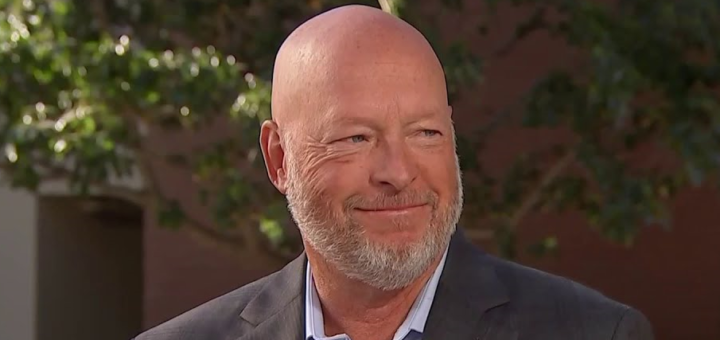What Bob Chapek Plans for the Disney Empire
The other day, MickeyBlog detailed the start of Bob Chapek’s second act.
The Walt Disney Company’s CEO is currently performing a host of interviews. His unstated objective comes down to improving his reputation.
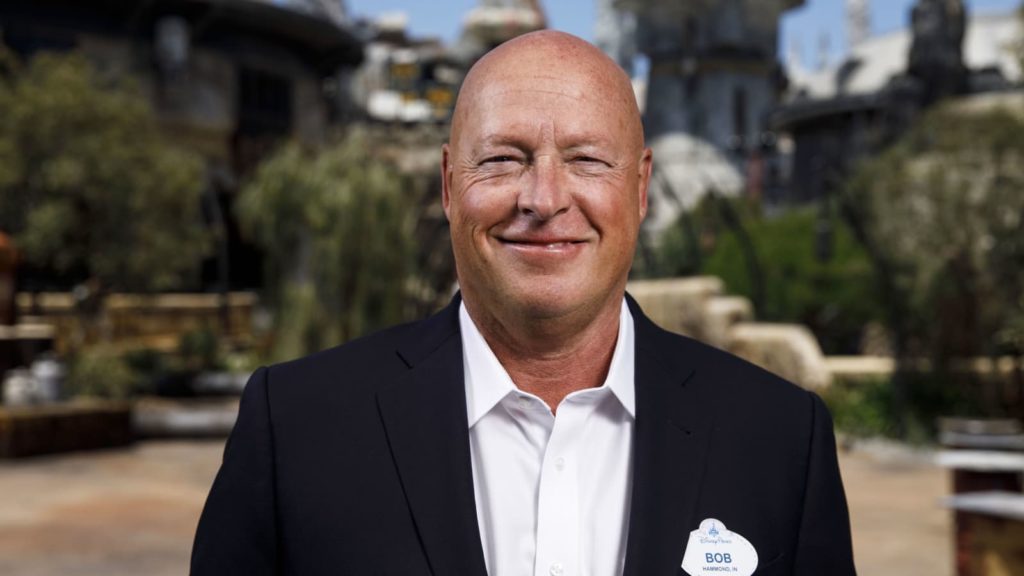

Source: CNBC.com
However, Chapek must cater to numerous groups, and the one that matters most to him is Wall Street.
So, Chapek sat down for an interview at Goldman Sachs Communacopia, wherein he provided insights into Disney’s short-term future.
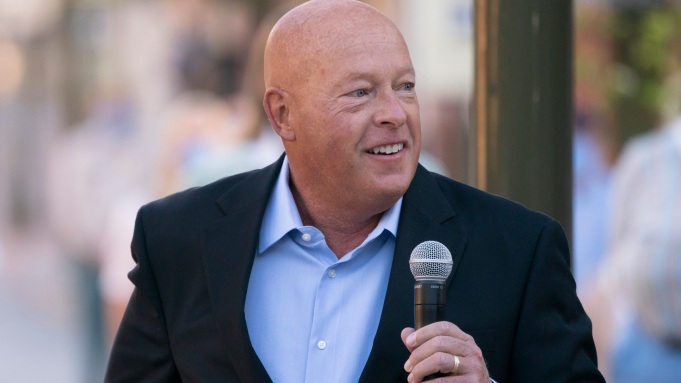

Photo: AP Photo/Jae C. Hong
Here’s what Bob Chapek plans for the Disney empire over the next few years.
“An Inflection Point” for Storytelling
I read more Disney analysis than anyone ever should. Something I noticed in the wake of D23 was the criticism.
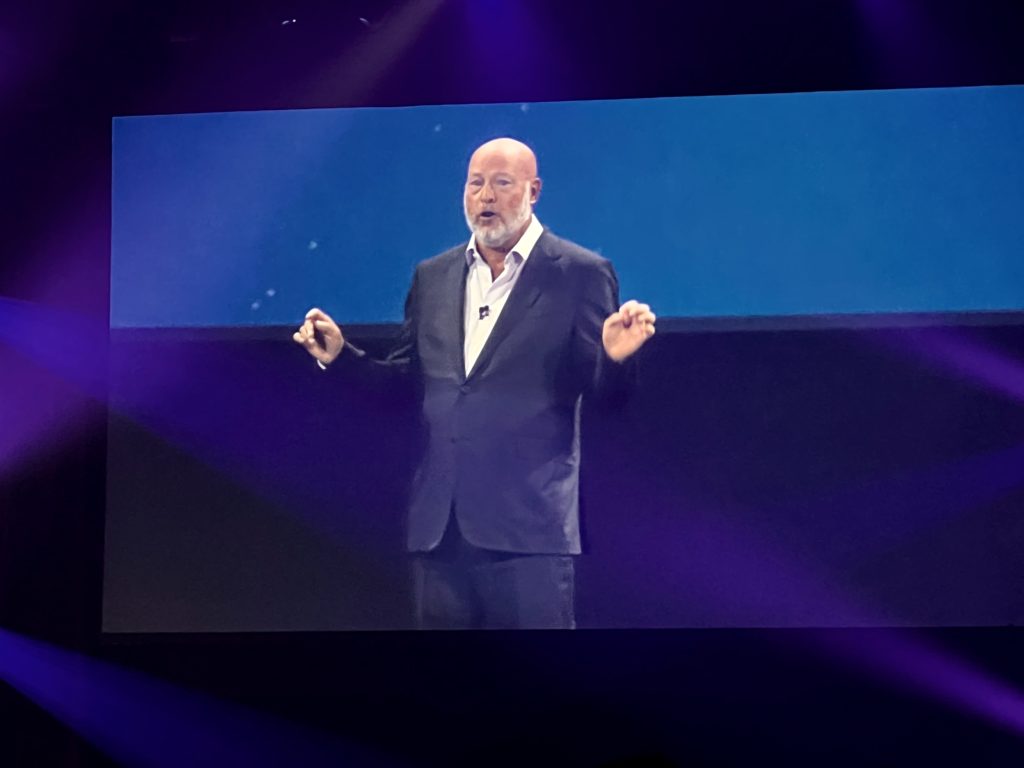

The people who disliked or were underwhelmed by the event shared the same concern. They believe Disney has prioritized intellectual property too much.
These critics argue that the best thing Disney has done in ages is Encanto, an original story. Even Frozen comes from a fable, at least in the broad strokes.


Photo: Disney
Everything about Encanto is new and fresh, which positions it in stark contrast to pretty much everything announced at D23.
We’re getting an Inside Out sequel, a Lion King prequel, and so forth.


Credit: Disney
Disney even hinted that one of the villains in a new story, Wish, would be someone we know.
These announcements occurred in addition to hype videos for soon-to-arrive projects like Hocus Pocus 2, Disenchanted, and all the Marvel/Star Wars projects.
Chapek obviously doesn’t worry about such criticism. Instead, he described Disney’s upcoming centennial celebration as “an inflection point.”
The CEO delivered this remarkable piece of corporate speak:
“…and know that we have an embarrassment of riches in terms of the plethora of wonderful content that we have coming from all of our creative engines.”
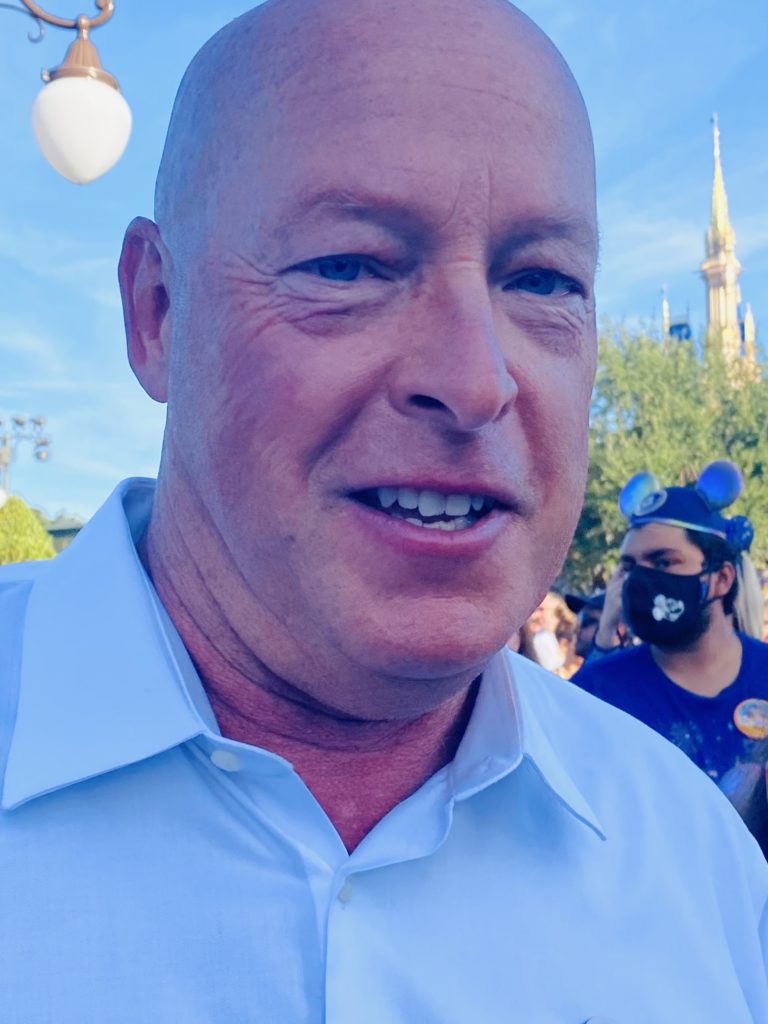

So, Chapek haters can add “creative engines” to the “synergy machine” jokes from his previous comments.
I sometimes wonder whether Chapek’s employees have any idea what he’s referencing when he says these things, but he definitely has a vision.
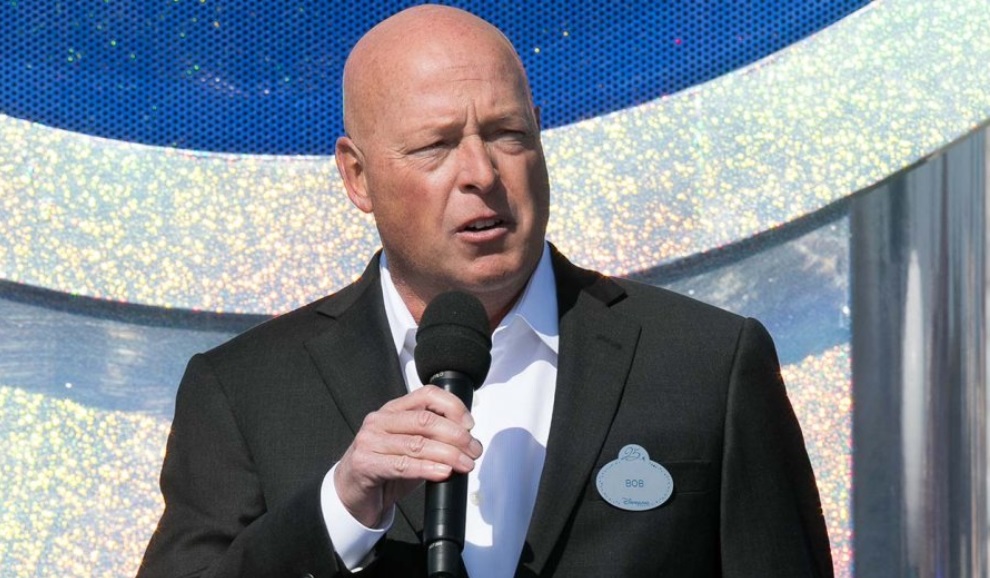

Photo: Marc Piasecki/Getty Images
Disney’s leader believes the company must modernize its storytelling to excel during its second century of business.
So, Chapek intends to use 2023 as the bridge year wherein Disney updates its methods. It’s a necessary move to indoctrinate the new generations of Disney fans.
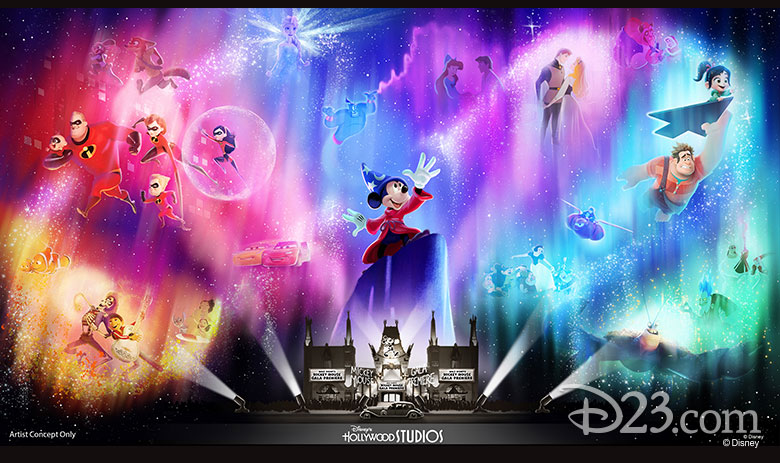

Critics are going to hate him for saying that Disney storytelling is changing, though.
It’s the Economy, Dummy
This political quote applies to Disney so much during the Chapek regime. It’s an inescapable conclusion that the bottom line matters most to Disney’s CEO.
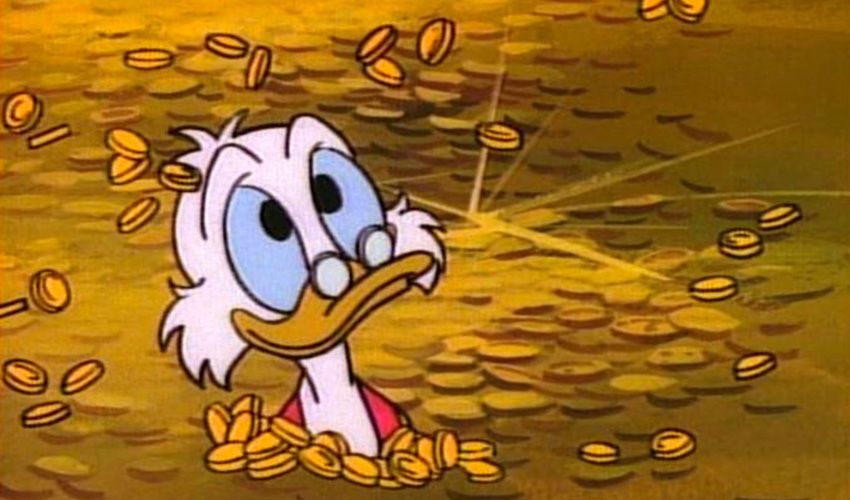

Throughout the Q&A session, Chapek’s comments underscored his belief that Disney must make more money.
The interviewer, Brett Feldman of Goldman Sachs, repeatedly asked Chapek about pricing subjects. In each instance, Chapek remained true to his vision.
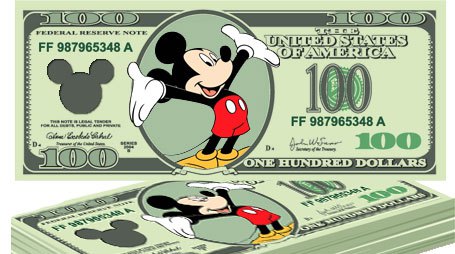

For example, the CEO answered a question about the impending debut of advertising on Disney+.
Throughout the streaming service’s three-year history, it has remained entirely ad-free. Remember that Chapek didn’t set up this service, though.
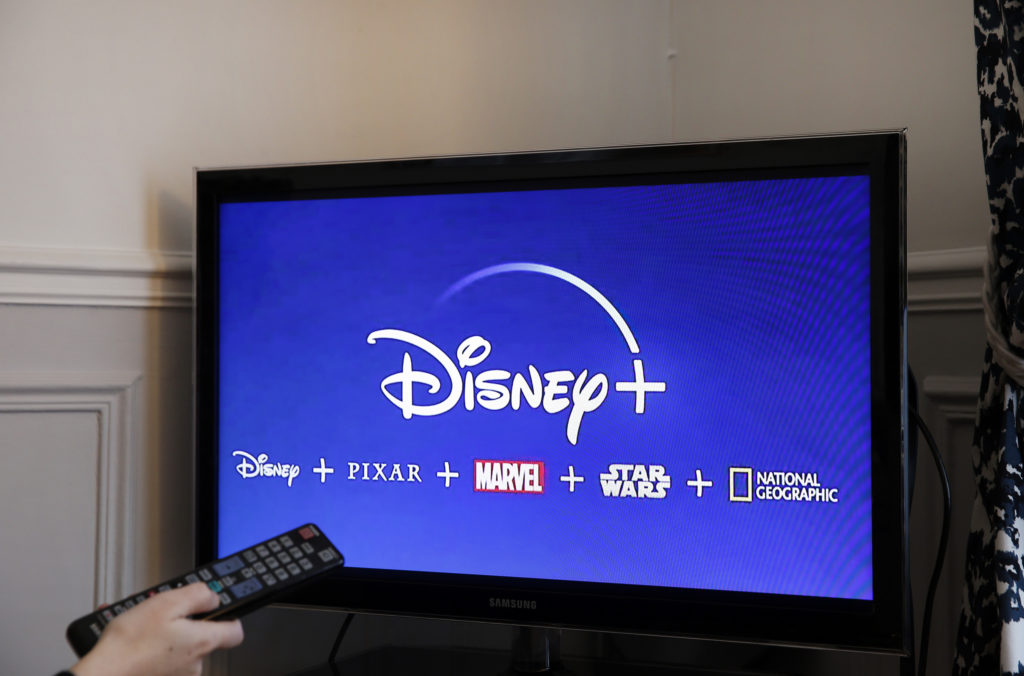

Photo: Newsweek
Former CEO Bob Iger and former TikTok CEO Kevin Mayer planned all phases of Disney+, including its price point and lack of ads.
Chapek’s comments emphasize that he would have gone a different way had he been in charge. Here’s a sample:
“Well, I mean we are looking at our business not only from a target standpoint from sub ads, but we are also looking at it from an operating income standpoint.”
“I think everybody in the room would probably acknowledge, the launch of Disney+ at that introductory price was pretty absurd.”
“And I think we are way underpriced relative to the value that we provide.”
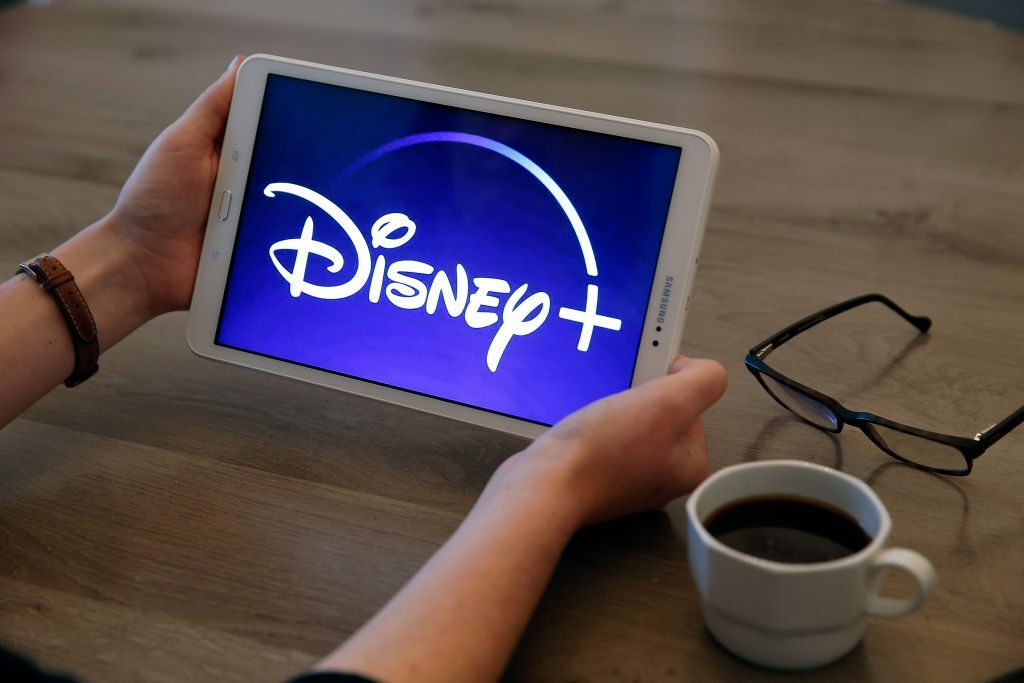

Photo: Chesnot/Getty Images
There’s legitimately only one way to interpret these statements. Chapek has bristled over the price of Disney+ since he became CEO.
Now, the head of Disney has announced both a price increase and an advertising tier for the service.
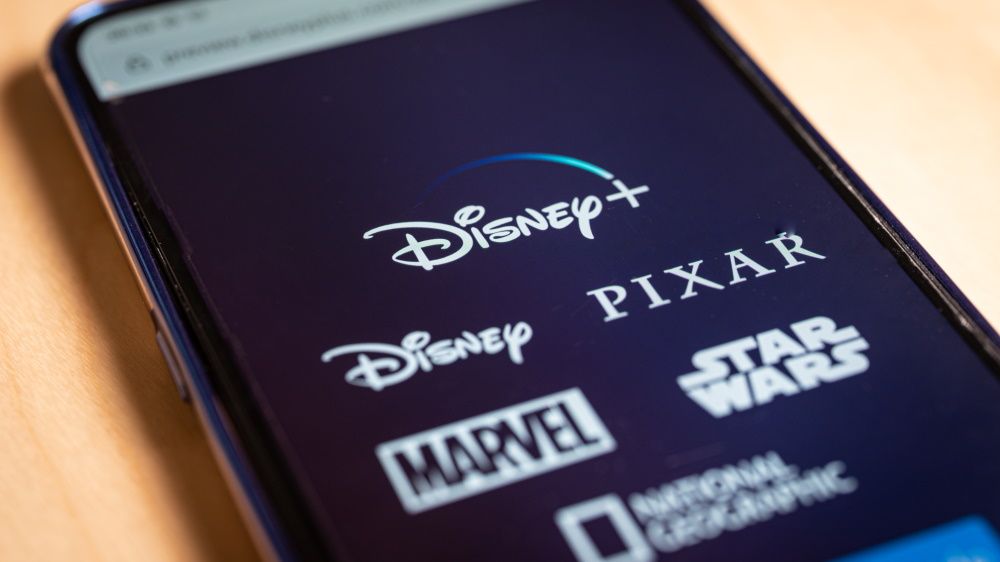

Photo: Shuttershock
Chapek believes that he has the customer data to prove Disney should update its pricing and introduce the ad tier.
Financially, the executive is absolutely right. However, these comments will do nothing to dissuade critics from using the bean counter label Chapek hates.
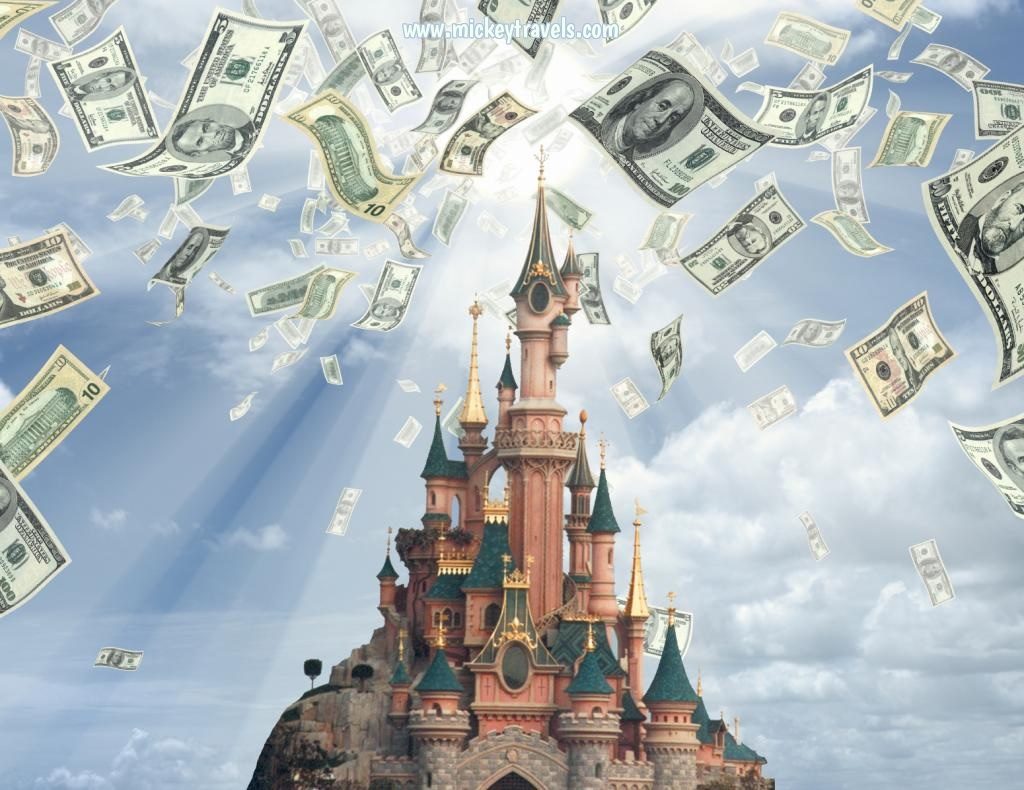
What Do These Comments Mean for You?
Let’s start with the obvious one. Chapek envisions a future that is multicultural and diverse, just like the world in which we live.
So, his Disney stories will appeal to everyone and embrace representation. When he talks about modernizing storytelling, that’s what he’s referencing.
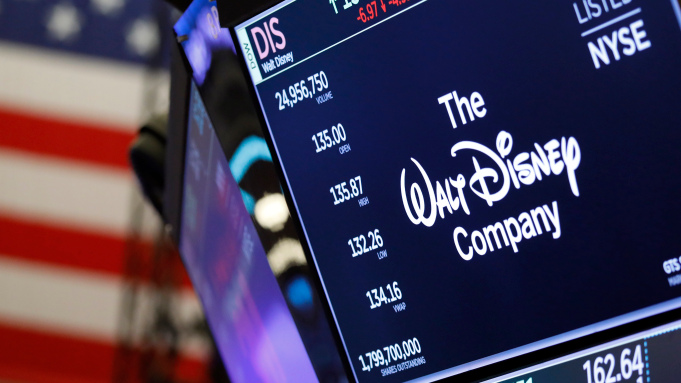

Photo Credit: AP Photo/Richard Drew, File
Meanwhile, his financial comments reinforce the fact that Chapek isn’t working for you. He perceives his bosses as shareholders, which is technically correct.
Chapek’s comments reinforce that he views Disney+ and other parts of the Disney empire as underpriced and due for increases.
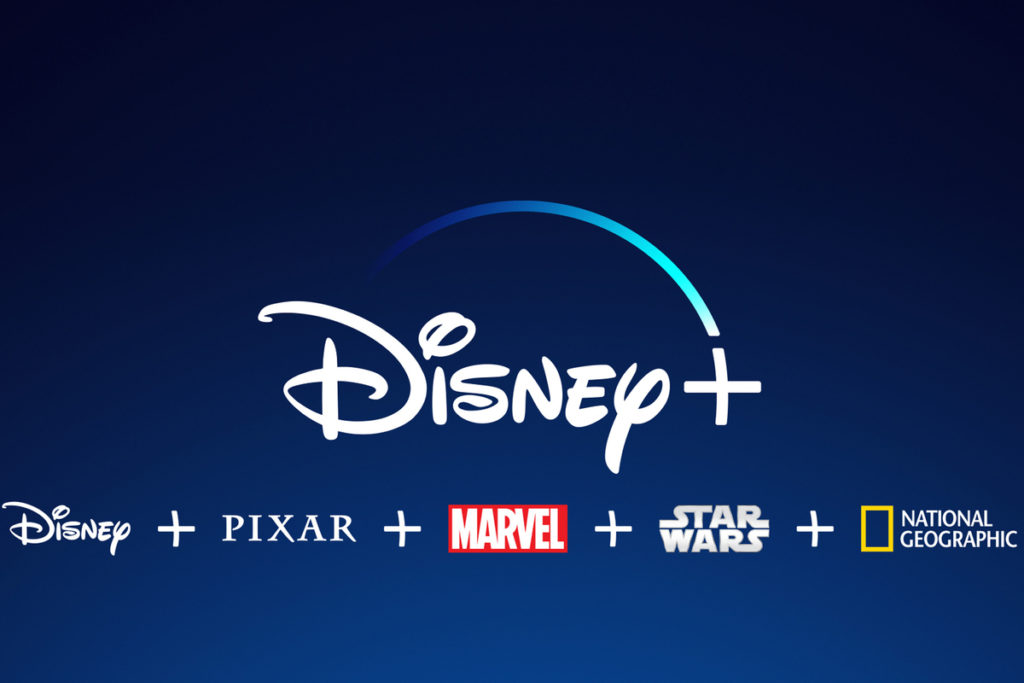

Source: Disney
That’s a remarkable philosophy since the moderator noted that Disney+ prices just increased by 38 percent.
However, Chapek has evaluated the competition and knows that Disney remains on the low end. For example, HBO Max charges $14.99 a month.
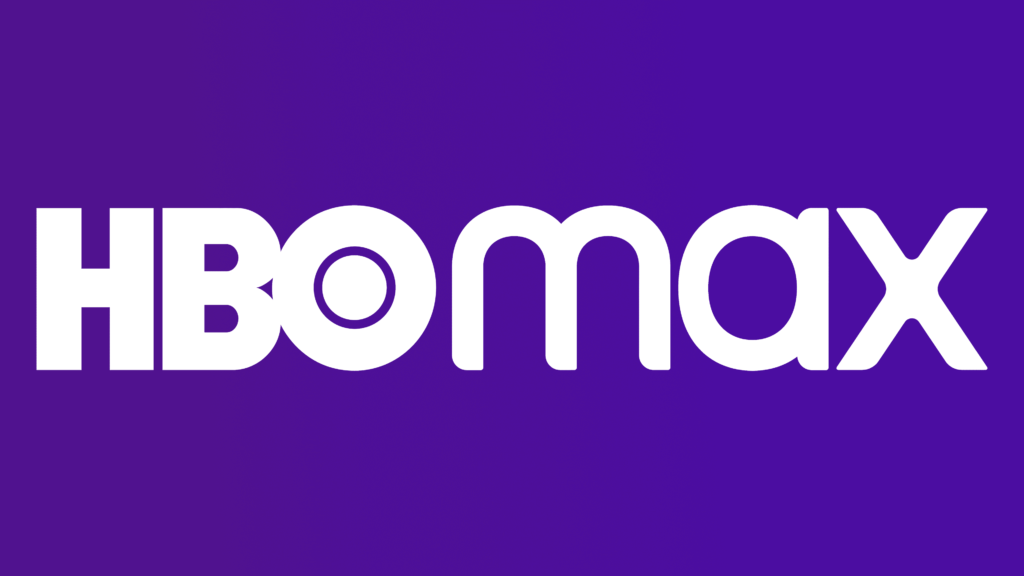

HBO MAX
You can argue which service is better, but Disney+ remains $4 a month cheaper even after the price increase.
That may not sound like much to you, but it’s $48 a year per customer that Disney isn’t charging yet.


In North America alone, that’s more than $2.1 billion in revenue that Chapek believes his company isn’t attaining yet.
As for ads, they have been one of the anchors of the Disney “synergy machine” since the ABC/ESPN acquisition.


Credit: Disney
Disney covets the idea of earning substantially more money per existing customer via ad delivery.
The Math of Chapek’s Comments
I’ve run these numbers extensively for my streaming media podcast, and I can confirm that he’s right.


Photo: sciencenews.org
Consumers don’t mind ad-based pricing tiers anywhere near as much as they should. And they’re MUCH more lucrative for the streaming services.
As I previously mentioned, Hulu+ Live TV only claims about four million subscribers.
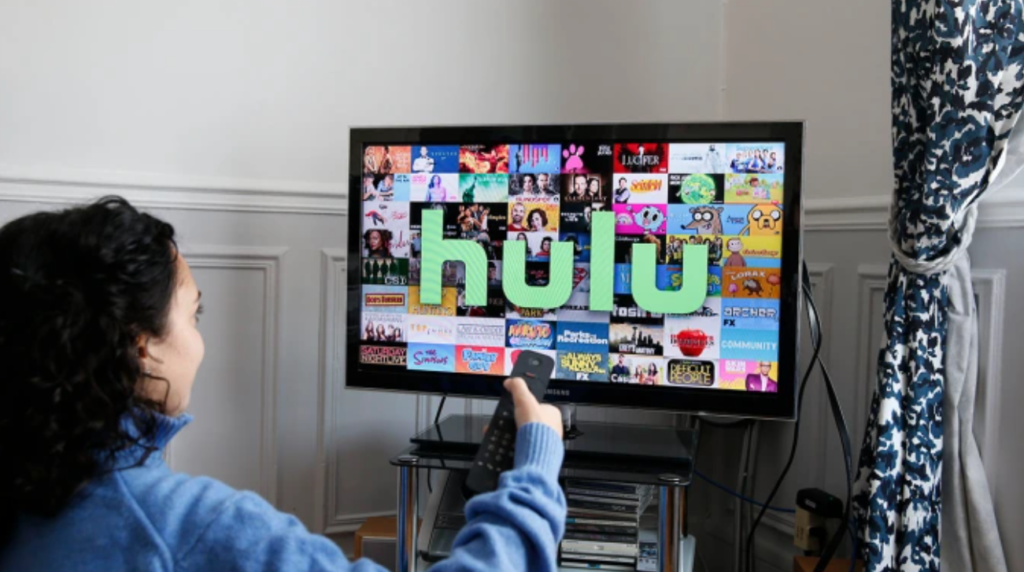

Photo: Hulu
However, Disney’s earnings per customer are somehow higher than what the customers pay for the service.
Customers pay $69.99 plus tax, while Disney earns $84.89. That’s why Chapek is so bullish on the idea of monetizing Disney+ more effectively.
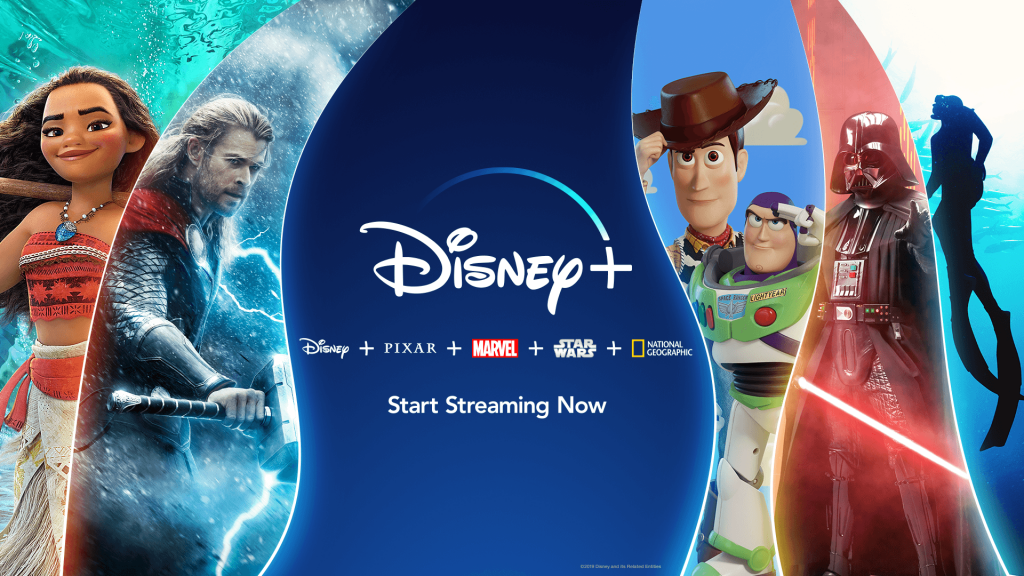

Image: Disney Plus
Folks, if I can sell you something for $10 and make $15 in the process, I’m a wizard more powerful than Dumbledore and Gandalf combined. That’s the opportunity Chapek recognizes here.
With Disney+, the guests who pay $7.99 per month will likely net Disney $9 or more per month as opposed to the current $4.35. Yes, Disney’s profit margin should double.
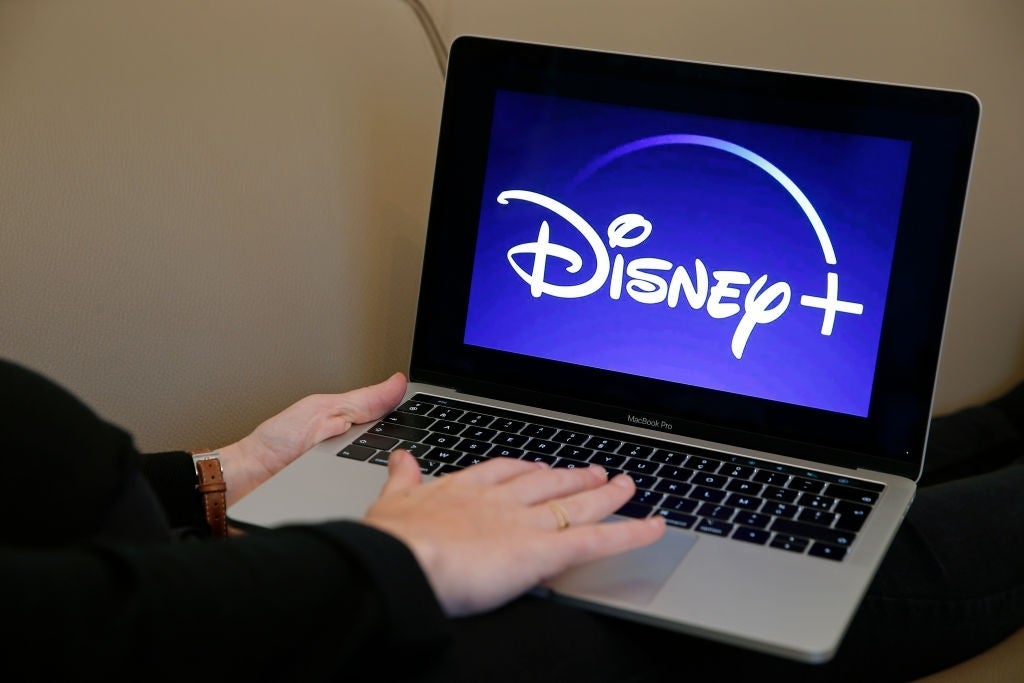

Photo: Chesnot/Getty Images
That’s why Chapek used the words “operating performance” or “operating income” at least four times during his interview. He sees numbers, not people.
Feature Image: CNBC


